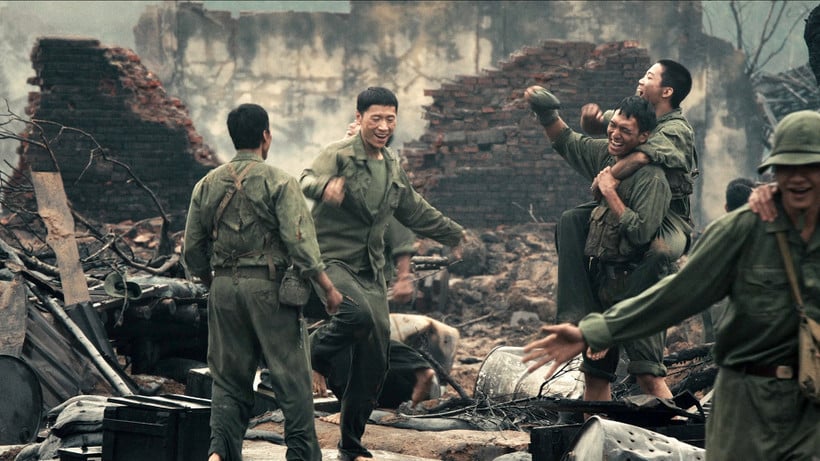
This is an activity within the framework of Danang Asian Film Festival 2025.
A special success story
Associate Professor, Dr. Pham Xuan Thach (School of Interdisciplinary Sciences and Arts, Hanoi National University) said that the sales of the film "Tunnel: Sun in the Dark" by director Bui Thac Chuyen is a legend.
The film officially premiered in theaters nationwide on April 4 and its final screening ended on May 31. According to news reports, in the 2 months of its release, the film had revenue 172 billion dong.
“If compared with “Peach, Pho and Piano” "If a film of the same genre was released in 2024 with a revenue of 20.8 billion VND (according to the source of the Cinema Department), it can be said that the revenue of 'Tunnel' is a legend," Associate Professor, Dr. Pham Xuan Thach commented.
Although it is impossible to find an exact statistic, if we temporarily take the total revenue of the movie "Tunnels" and divide it by the average ticket price in Vietnam (ranging from 80,000 to 120,000 VND), then in the theater system alone, this war movie attracted 1.7 million viewers.
“From a comparative perspective, contemporary Vietnamese novels, including those that have won prestigious awards, are highly appreciated by the public or controversial, and even those that have been reprinted, have no book printed more than 10,000 copies for all editions. Putting the two numbers together, there is still a certain value to talk about the scale of the group that receives cinema and literature,” Associate Professor, Dr. Pham Xuan Thach said.
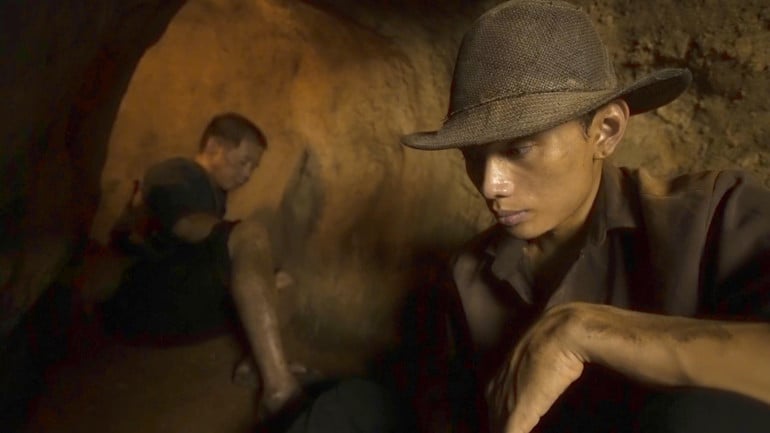
Screenwriter Trinh Thanh Nha commented that the film “Tunnels – Sun in the Dark” is a pure war film with a strong heroic tone. The difference of director Bui Thac Chuyen in the film is the intentional choice of a narrow setting that is so oppressive, creating a logical sense of the characters’ need to stand up, to rise up to completely resolve the oppression that they are forced to temporarily accept in order to survive and win.
Ms. Trinh Thanh Nha said that, in addition to the quite authentic documents that Bui Thac Chuyen had proactively accessed during the 10 years of nurturing the script, along with the implementation of a 3D documentary film project about this location, he had a fairly thorough preparation when spending more than 50 billion VND on the film and about half of that amount on the communication campaign.
“Although the film’s content is nothing new, the realistic portrayal of the film’s setting, with well-organized dramatic situations, details of bombs falling and bullets exploding, water being pumped to flood the caves…, the film is also very “Chuyen” in the quite smooth and delicate hot scenes… all of which make the film different and attract great attention from the public,” said Ms. Trinh Thanh Nha.
As for writer Chau La Viet, the film “Tunnels – Sun in the Dark” reminded of the war for national independence in an epic and heroic way. The film also caused a big stir when it brought in the highest revenue of all time for a revolutionary historical film.
Young directors' perspectives on war films
As the war has receded for decades, there have been new voices and new perspectives in war-themed cinematographic works, mostly from young directors, from the generation born after the war.
Director Dao Duy Phuc believes that in the 2000s, the war ended nearly three decades ago, and the time lag has helped young directors reflect, revealing more thorough and objective views. War is not just a shiny medal, but also the hidden corners behind it.
In that flow, young directors today are facing a big challenge: to renew the theme of war and revolution in a way that is both faithful to history and close to contemporary aesthetic sensibilities.
According to director Dao Duy Phuc, first of all, young directors' approach to the topic of revolutionary war brings an objective and humane perspective. They did not directly experience the war, so they can escape the epic narrative. Unlike war films of the previous period, which mainly had a eulogy tone, some young directors have chosen post-war themes to create low tones in the music, mainly delving into the hidden corners of fate, the silence of war with the tormenting pain of those left behind.
Director Dao Duy Phuc gave an example of a young director. Dang Thai Huyen with the film "The Returner" (2015) tells the story of a female soldier returning from the war, facing loss, obsession and a sense of alienation in a peaceful life. She has a profound and emotional perspective on the topic of revolutionary war, especially in expressing the pain and hardship of post-war women. With "The Returner", Dang Thai Huyen devoted 200% of her effort to making this film, just to prove that young people can make good films about the revolutionary theme.
Soon, Dang Thai Huyen will also release a film about revolutionary war called "Red Rain", scheduled to premiere on September 2.
Director Dao Duy Phuc also mentioned director Bui Tuan Dung, with films such as “Duong Thu”, “Nhung Nguoi Viet Huyen Thoai”, “Thau Chin O Xiem”, “Duong Len Dien Bien”, affirming himself in the film genre that was “nailed” for veteran directors of the previous generation.
Director Bui Tuan Dung's films do not follow propaganda slogans, but are highly entertaining artistic stories, delving into the characters' fates, with war just being the background to express the director's story.
Talking about the perspective of the next generation of directors on the subject of war, director Dang Thai Huyen said that today's war films have a dialogic nature. Since 1975 until now, filmmakers have had the opportunity to look at war in a more comprehensive way.
War films are no longer a "forbidden zone", they can provide perspectives, viewpoints, touch on hidden corners that previous films have not mentioned, are no longer one-dimensional but have perspectives from the opposing side, or new perspectives that have never been seen before.
“In the past, war films were only propaganda films, but today they have become commercial products, with ticket sales and open dialogue with audiences. This open dialogue has given filmmakers the opportunity to make better program films,” commented filmmaker Dang Thai Huyen.
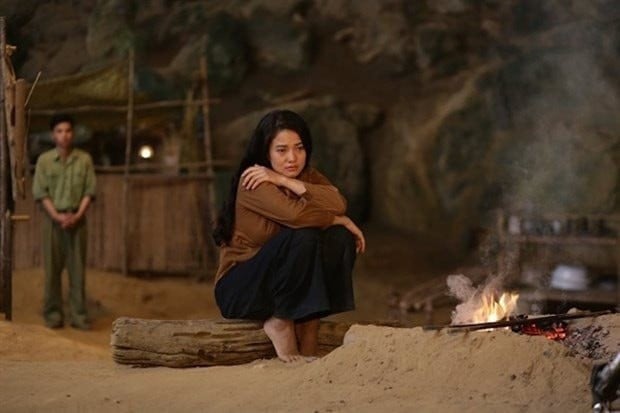
These new perspectives are also contributing to changing the way war films reach audiences today.
Associate Professor, Dr. Pham Xuan Thach believes that the directors have contributed to renewing the heroic discourse on war, diversifying within their own limits the view of the past, complicating the perception of people in war and, in particular, telling humane stories about post-war trauma.
“However, in order to create the development of this film genre, there needs to be a simultaneous openness in the management mechanism as well as investment in cinema to encourage independent films and create a more open horizon for war films,” Associate Professor, Dr. Pham Xuan Thach said.
Director Dang Thai Huyen also agrees with this opinion, saying that films about the revolutionary war in Vietnam need to continue to invest, "but not to recreate the old glory but to continue to decode the hidden corners that we do not know, thereby creating new dialogues with the past and with the filmmakers themselves".
Source: https://baoquangninh.vn/phim-chien-tranh-sau-ngay-dat-nuoc-thong-nhat-nhung-goc-nhin-moi-3365161.html



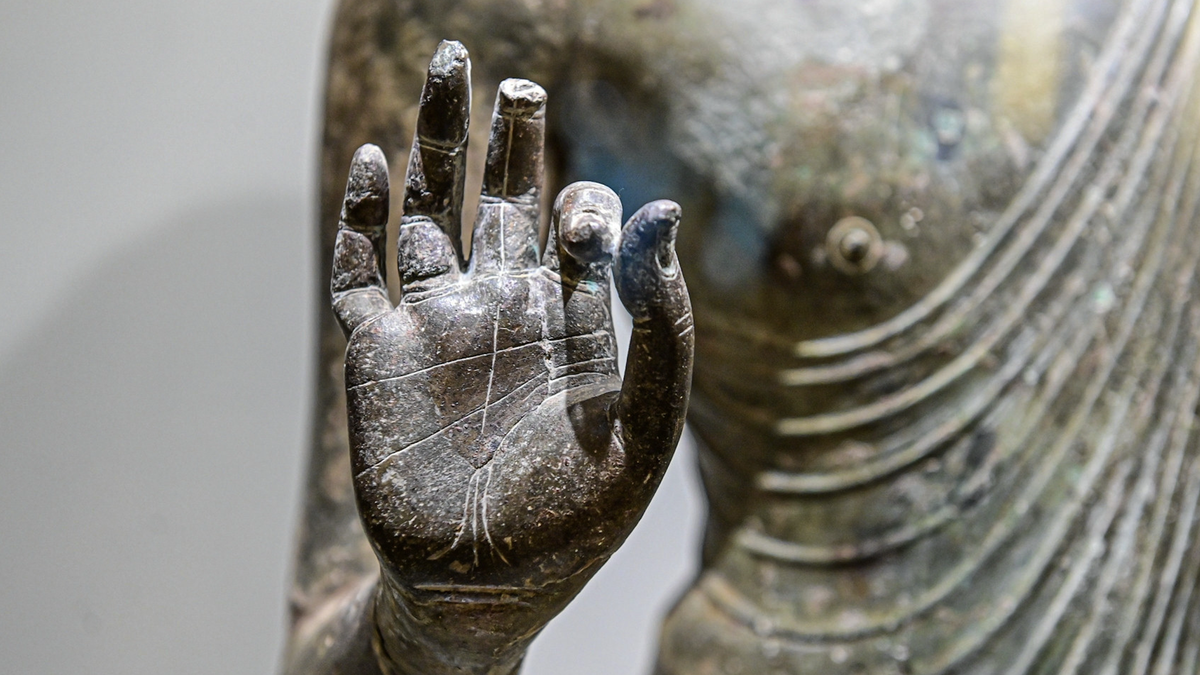

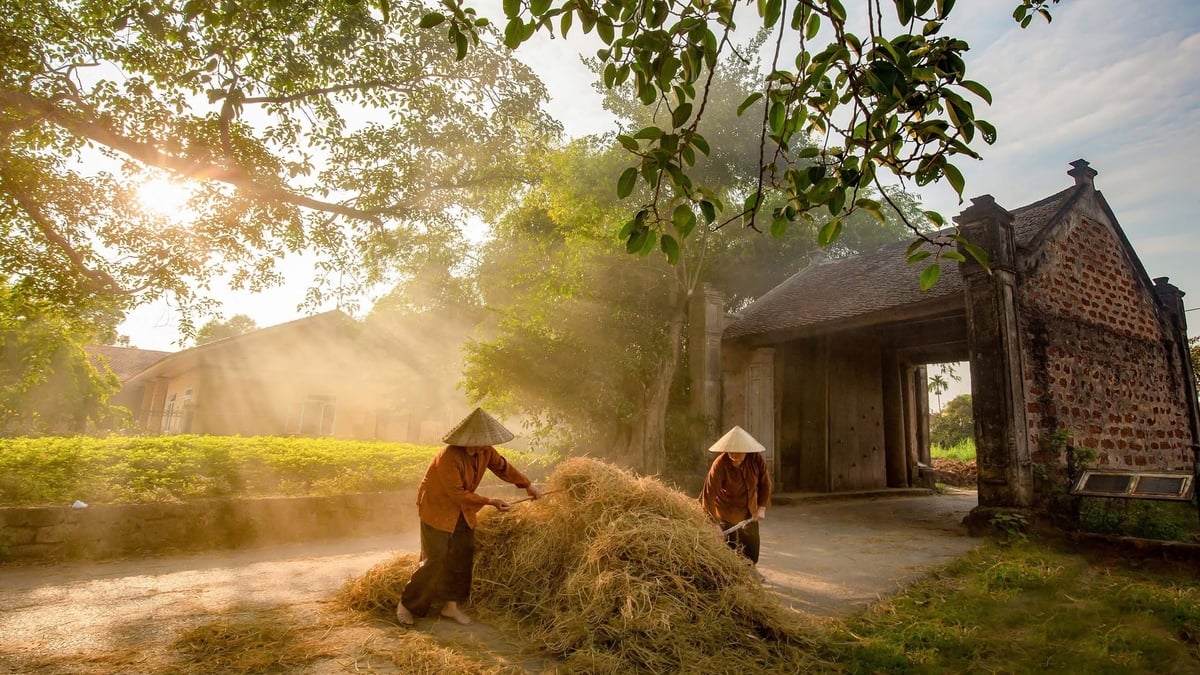


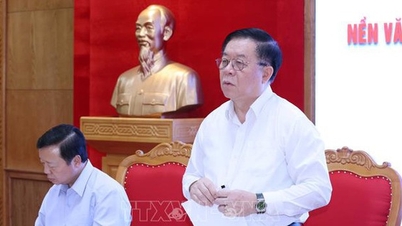

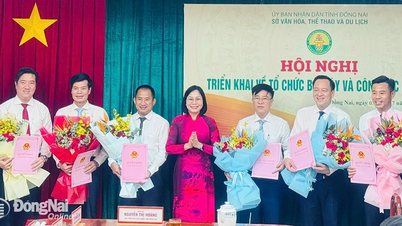












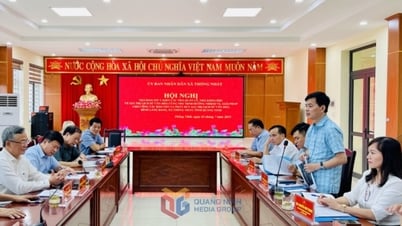


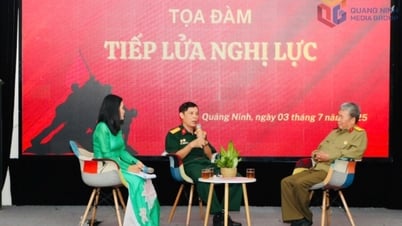



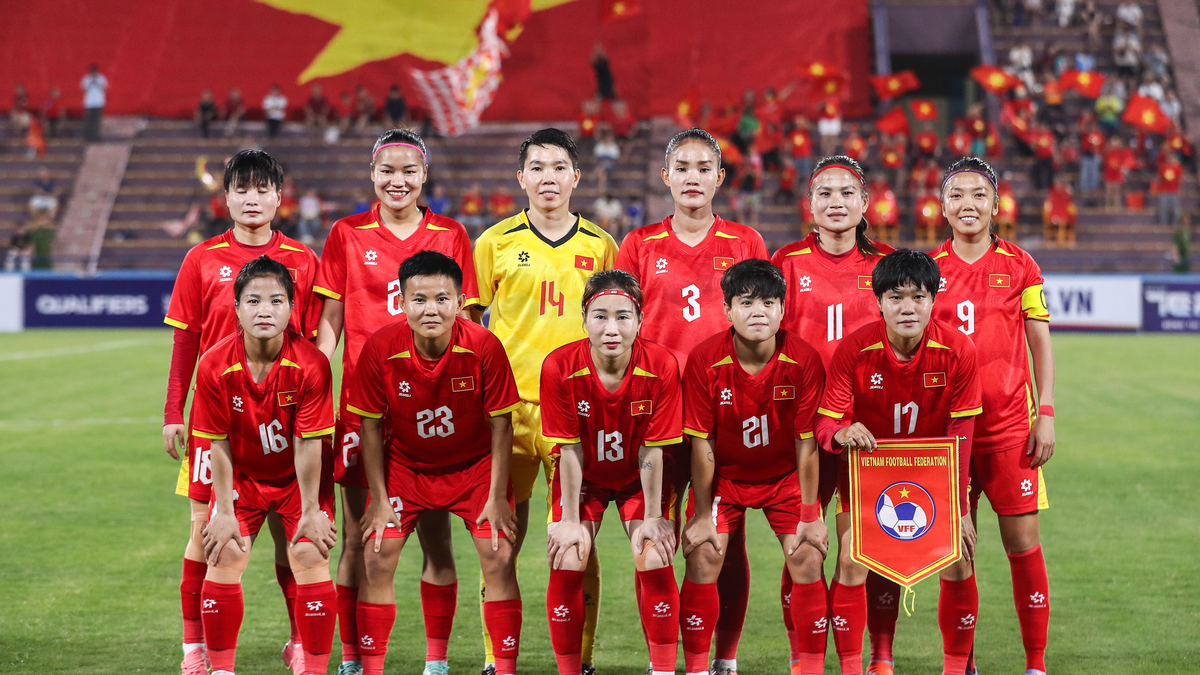










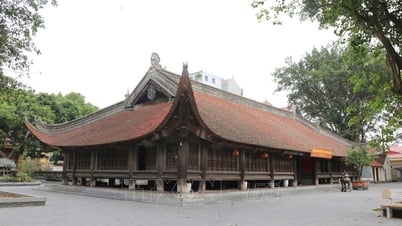



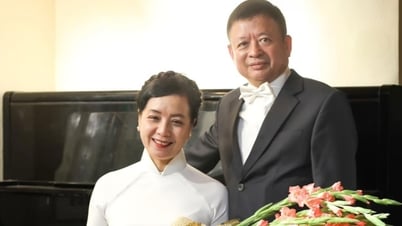


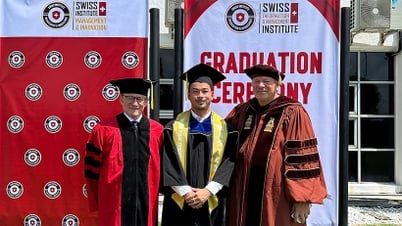
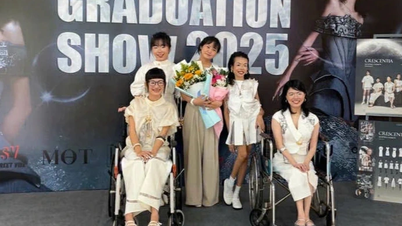




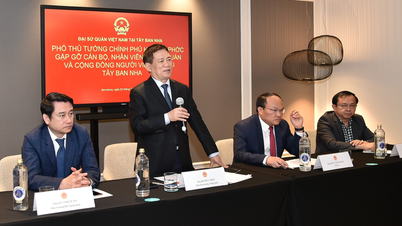




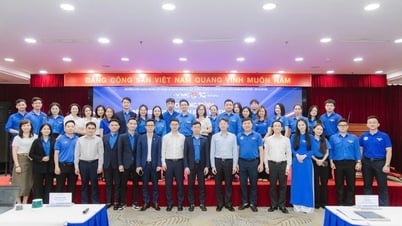
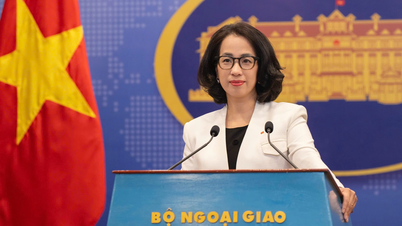
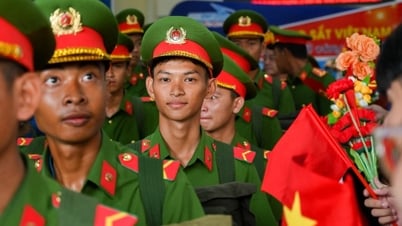
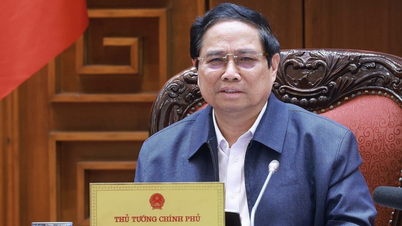








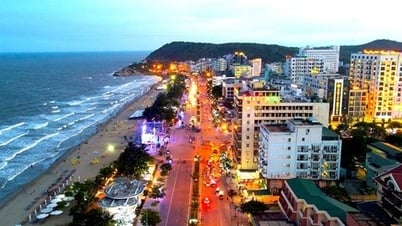


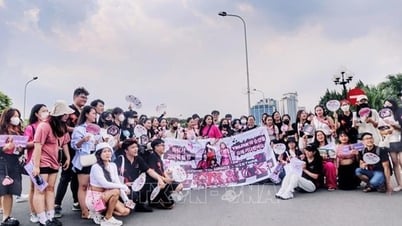



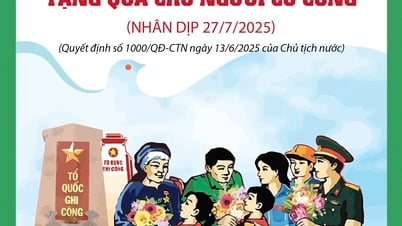




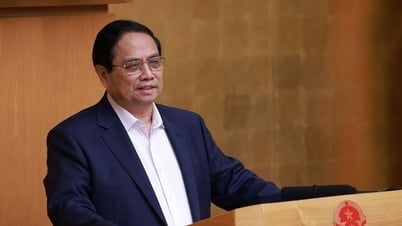












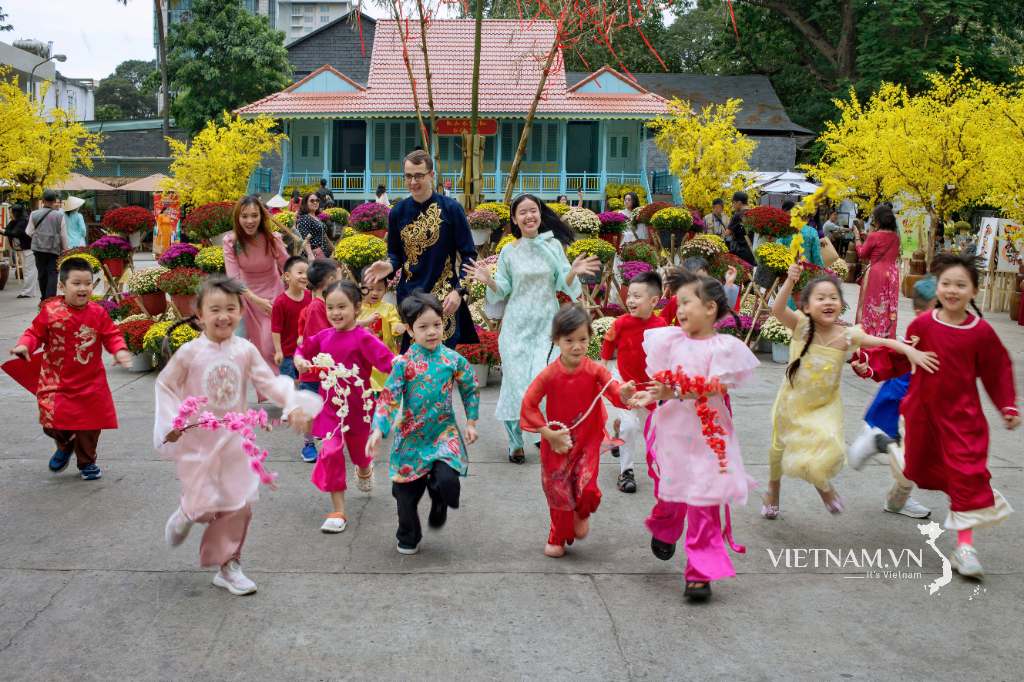
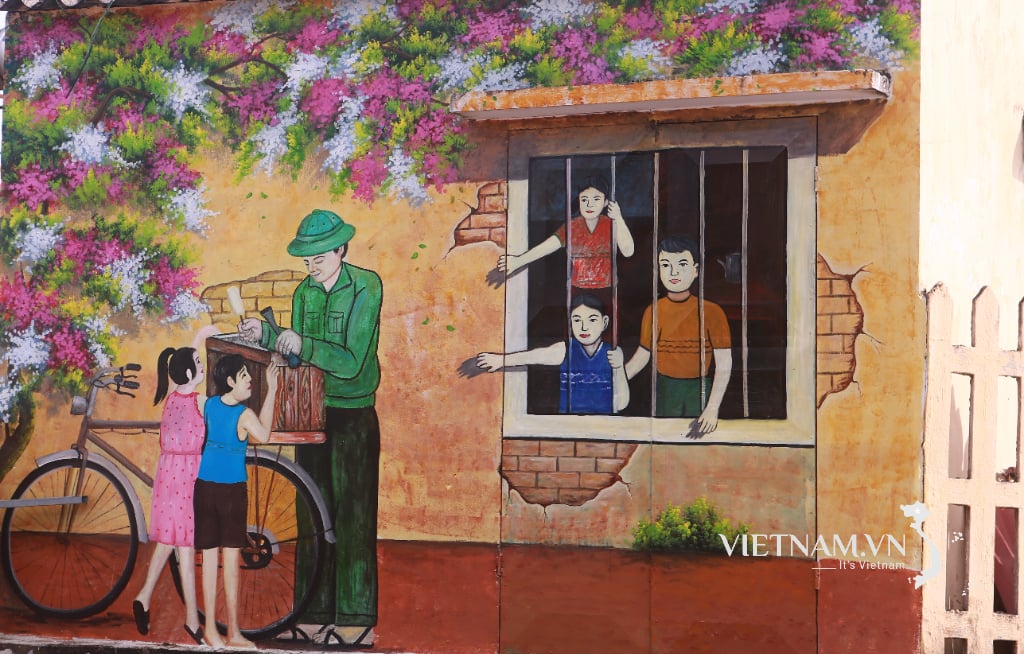


Comment (0)